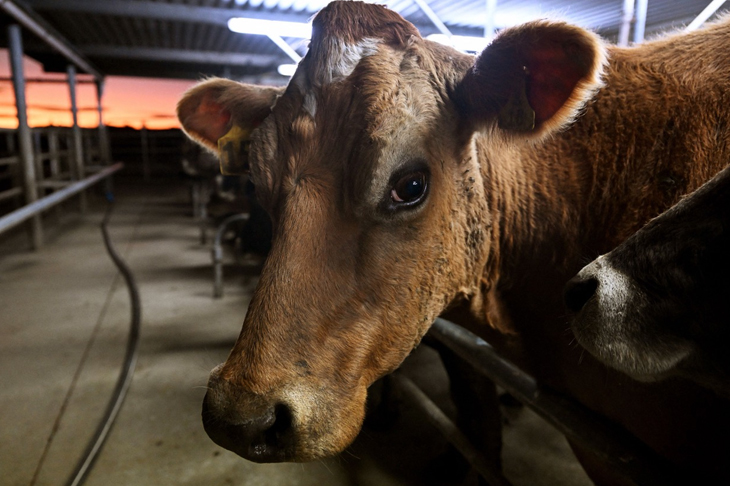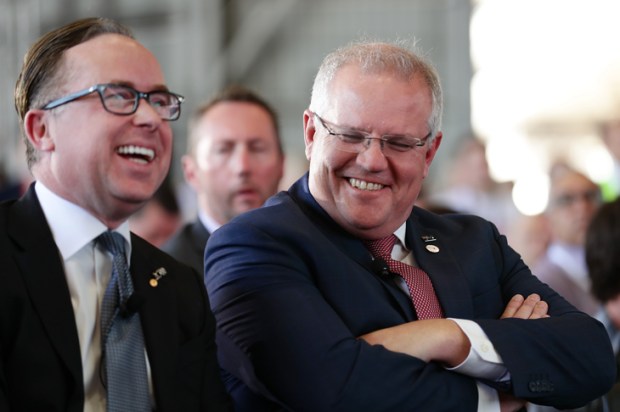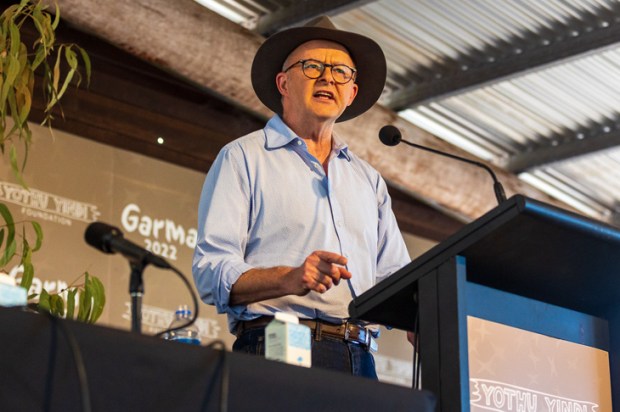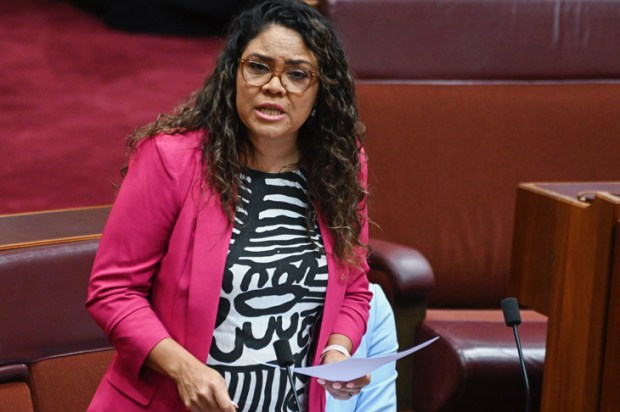Having flown to the United Nations Climate Change Conference (Cop 27) in Egypt, Climate Change Minister Chris Bowen has been at pains to point out the Albanese government’s commitment to US President Joe Biden’s international pledge to reduce methane emissions by 30 per cent by 2030.
The pledge will impel greenhouse gas-intensive industries like agriculture which, owing to the digestive systems of sheep and cattle is responsible for about half of Australia’s methane emissions, to curb their methane output.
Already a subscriber? Log in
Subscribe for just $2 a week
Try a month of The Spectator Australia absolutely free and without commitment. Not only that but – if you choose to continue – you’ll pay just $2 a week for your first year.
- Unlimited access to spectator.com.au and app
- The weekly edition on the Spectator Australia app
- Spectator podcasts and newsletters
- Full access to spectator.co.uk
Unlock this article
Paddy O’Leary is a Research Fellow at the Institute of Public Affairs’ Centre for the Australian Way of Life and a former jackaroo on a cattle station in the Northern Territory.
You might disagree with half of it, but you’ll enjoy reading all of it. Try your first month for free, then just $2 a week for the remainder of your first year.














Comments
Don't miss out
Join the conversation with other Spectator Australia readers. Subscribe to leave a comment.
SUBSCRIBEAlready a subscriber? Log in